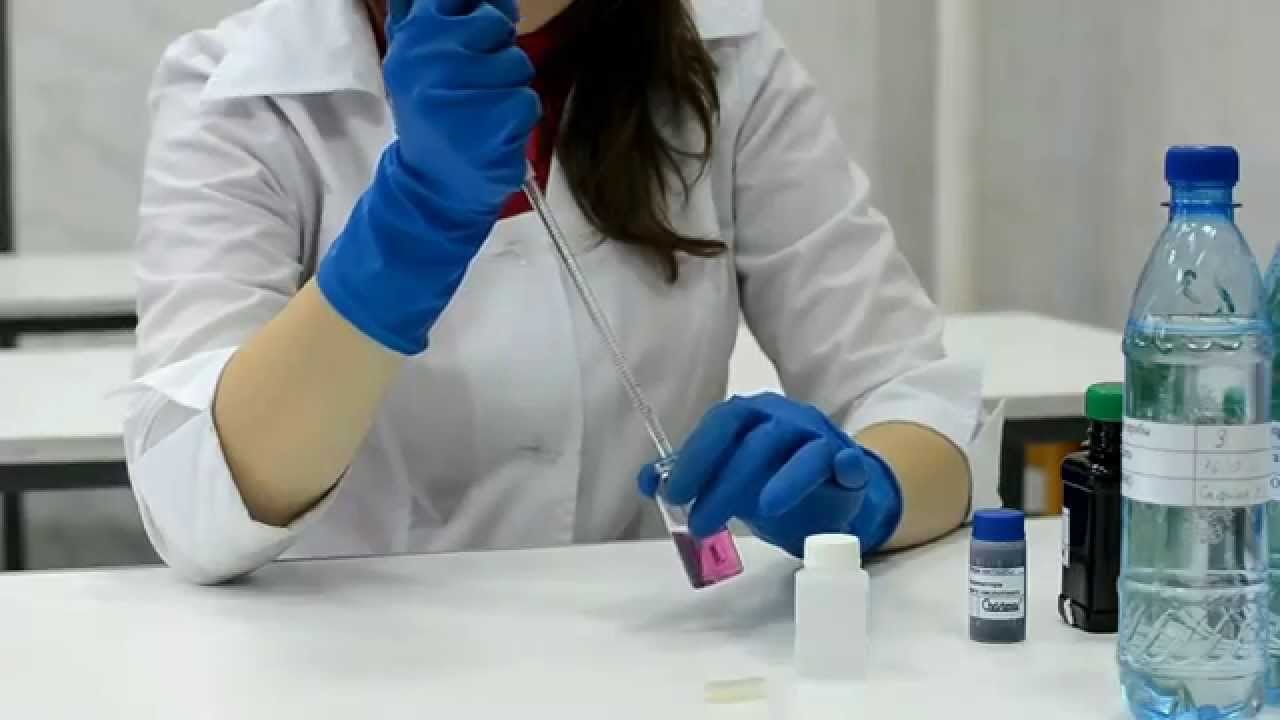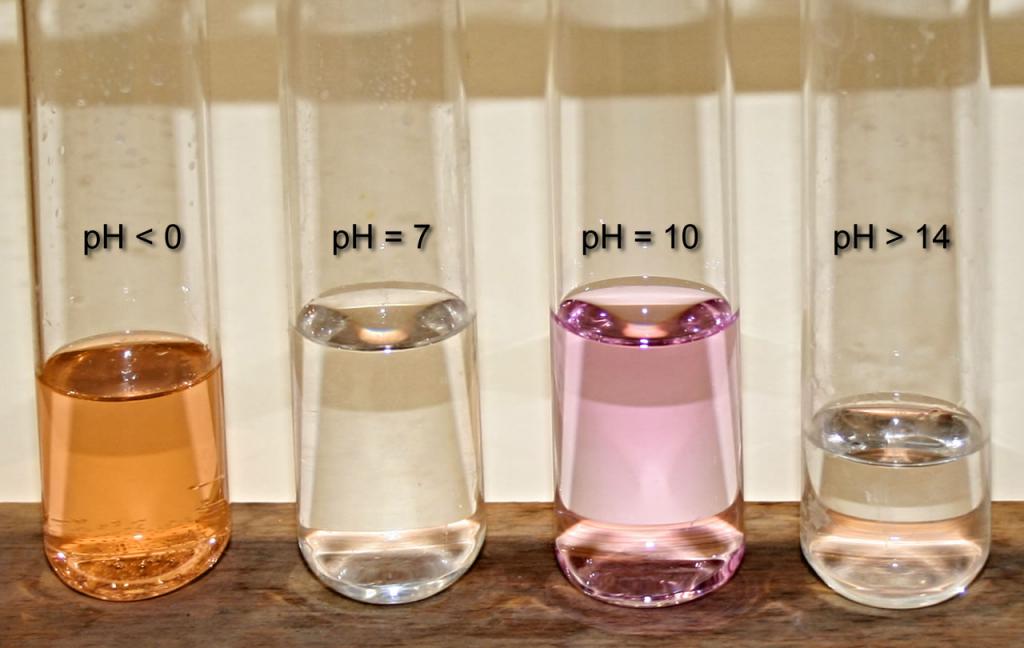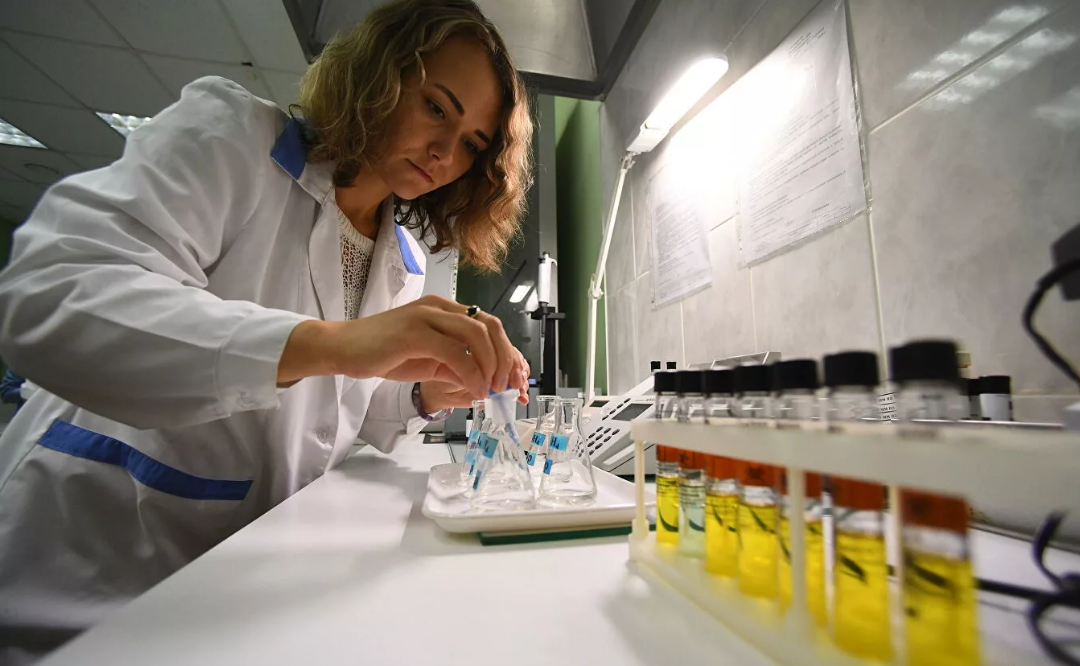
1. Reagents and equipment used
1. Reagents used in water alkalinity testing
(1) Carbon dioxide-free water: Distilled or deionized water for preparing standard solutions and dilutions. Boil for 15 minutes before use and cool to room temperature. The pH value should be greater than 6.0, and the conductivity should be less than 2uS/cm.(2) 0.1% methyl orange indicator: weigh 0.5g methyl orange and dissolve it in 100ml distilled water.
(3) 0.1% phenolphthalein indicator: Weigh 0.1g of phenolphthalein, dissolve it in 50m195% ethanol, add 50ml of water, shake well and add dropwise NaOH solution until light pink.
(4) Preparation of sodium carbonate standard solution (CN2O2≈0.020mo/L): Weigh a certain mass (baked at 250°C for 4h) (such as m=0.2500g) of standard reagent anhydrous sodium carbonate (Na2CO3), and dissolve it. In a small amount of carbon dioxide-free water, transfer to a 250ml volumetric flask, dilute to the mark with water, and shake well. Store in a polyethylene bottle for no more than one week. This solution is used to calibrate the hydrochloric acid standard solution.
Concentration of Na2CO3 standard solution C1/2Na2co3(mol/L)=m×1000/V×53
(5) Hydrochloric acid standard solution (0.020mol/L): Use a graduated pipette to draw 5mL 1mol/L concentrated hydrochloric acid, and dilute to 250mL with distilled water. The concentration of this solution is about 0.02mol/L. The exact concentration is calibrated as follows.
Hydrochloric acid standard solution calibration method: use a non-grading pipette to draw 25.00mL sodium carbonate standard solution into a 250mL Erlenmeyer flask, add 3 drops of methyl orange indicator solution, titrate with the hydrochloric acid standard solution until it turns from orange to orange, record The amount of hydrochloric acid standard solution. Calculate the exact concentration C=25.00×C2/V according to the formula.

2. Equipment used for water alkalinity testing
(1) One 50mL acid burette, used to fill the standard solution of hydrochloric acid.(2) 25, 50, and 100 mL pipettes each are used to pipette water samples or standard solutions.
(3) 4 250mL conical flasks.
2. Matters needing attention when testing water alkalinity
1. When the total alkalinity in the water sample is less than 20mg/L, it can be titrated with 0.01mol/L hydrochloric acid standard solution, or a 10mL micro burette can be used to improve the detection accuracy.2. If the water sample contains free carbon dioxide, there is no carbonate, and methyl orange can be used as an indicator for titration.
3. In order to reduce the titration error, the dosage of each titration solution is best to be controlled between 20-30mL. If the dosage is too small, the reading error will increase. If the dosage is too much, not only the procedure is troublesome, but the chance of error will also increase.

3. Determination of alkalinity of water samples
(1) Use a pipette to draw 100mL water sample into a 250mL Erlenmeyer flask, add 3 drops of phenolphthalein indicator and shake well. When the solution is red, titrate with hydrochloric acid standard solution until it just fades to colorless, and record the amount of hydrochloric acid standard solution (denoted by P). If the solution is colorless after adding phenolphthalein indicator, you do not need to titrate with a standard hydrochloric acid solution (P=0), but proceed directly to step (2).(2) Add 3 drops of methyl orange indicator to the above-mentioned conical flask and shake well. Titrate with a standard hydrochloric acid solution until the solution has just changed from yellow to orange. Record the amount of hydrochloric acid standard solution added dropwise (indicated by M). The total amount of hydrochloric acid standard solution V=P+M.
(3) Measure 2-3 times in parallel, and the amount of hydrochloric acid standard solution is V=P+M.
(4) Record the volume of the hydrochloric acid standard solution consumed by the water sample during the titration process, calculate the result of the determination of the alkalinity of the water sample by the formula total alkalinity=CXVX50X1000/V, and analyze the titration result.



